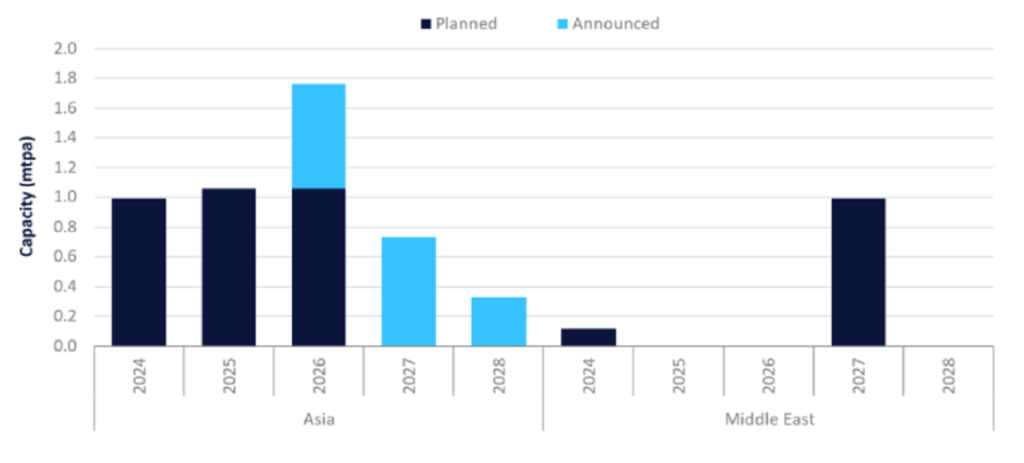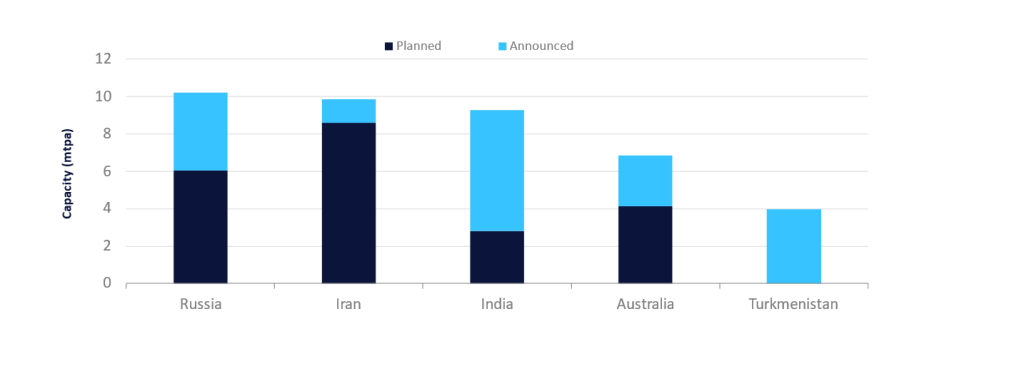A global oil market supply deficit is likely to appear as 2024 progresses, and continue into 2025, despite possible production increases coming from OPEC+ nations, according to a just-released market assessment.
A research note published on Thursday from international banking group Standard Chartered forecast a sizeable 1.9 million barrels per day (mbbl/d) shortfall by the third quarter of 2024. This will then fall a little to 1.41mbbl/d during 2025.
The group argued that global oil markets will easily be able to absorb any increase coming from OPEC+ members as they consider rolling back voluntary production cuts of 2.2mbbl/d.
The OPEC+ announcement earlier in June prompted something of a sell off, with front-month Brent falling below $77 per barrel (bbl), more than $15/bbl below April’s high.
Prices recovered soon after, with Brent for July delivery surpassing $82/bbl on Wednesday.
The banking group said the price falls were based on a combination of factors, most notably macroeconomic pessimism and speculative shorts.
The group forecasts a decline to around $60/bbl for Brent crude over the next few months, with the long-term trend remaining bearish.
Meanwhile, the International Energy Agency (IEA) on Wednesday stated that global oil demand is expected to reach its highest point by 2030. Additionally, the IEA projects that oil supply capacity will significantly exceed demand by the end of this decade.
Its June 2024 Oil Market Report forecasts that global oil demand, which includes biofuels, averaged just over 102mbbl/d in 2023 and will level off near 106mbbl/d towards the end of this decade.
Global oil production capacity is expected to increase in the coming years, with the US leading the surge. The report predicts that by 2030, total supply capacity will reach nearly 114mbbl/d – or 8mbbl/d more than the projected global demand.
In May, the organisation lowered its oil demand growth forecast for 2024, indicating weaker global demand than previously anticipated.
It said it expected oil demand to grow by 1.1mbbl/d in 2024, a reduction of 140,000 barrels per day from its previous forecast.
According to the agency, this revision is largely due to subdued demand in developed OECD countries, with factors such as poor industrial activity and a mild winter reducing gas oil consumption, especially in Europe.
















